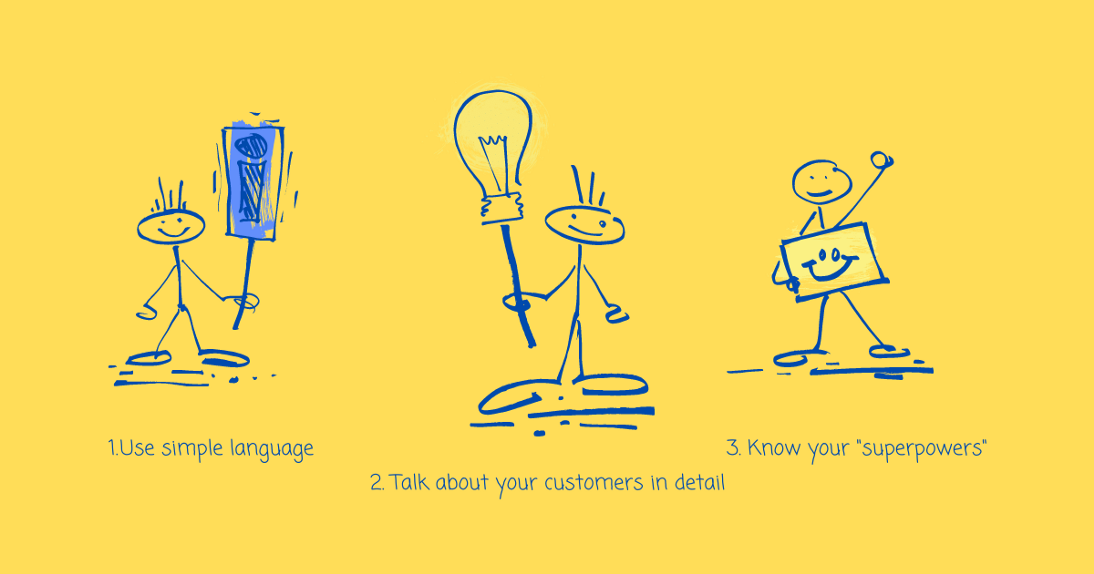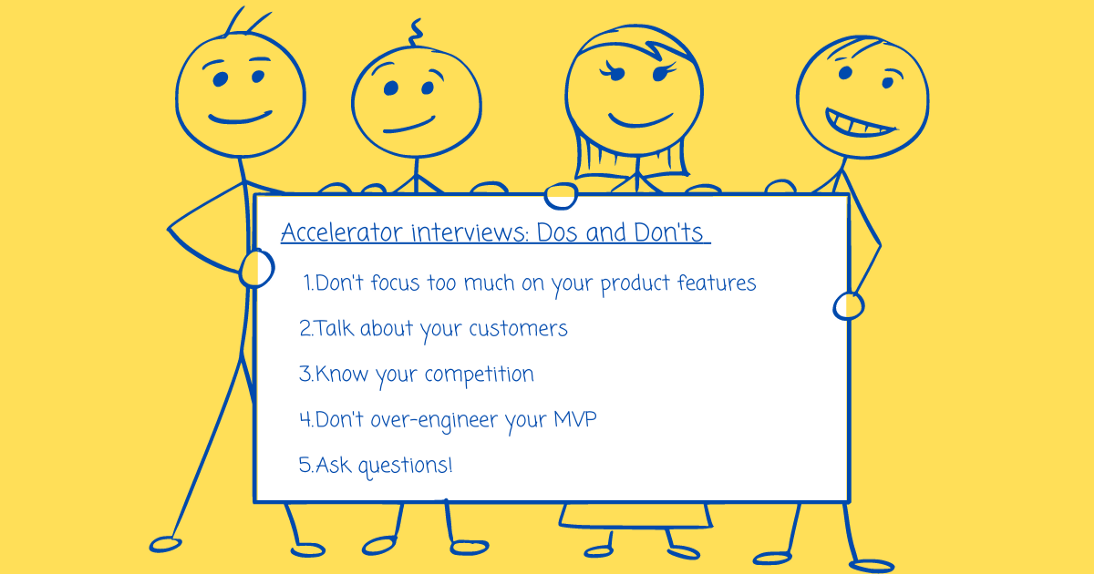Resources
Blogs, articles and cheat sheets I’ve written based on my experience as a founder, investor and advisor and loosely split into four topics:
#1 Better Thinking Tools for Founders
#2 Better Thinking Tools for Health-tech Founders
#3 Better thinking Tools for Entrepreneurial Researchers
#4 Pitching advice to Australian accelerators
All Medium articles have “friend links” and give free access — even if you are not a subscribing Medium member or your have already read all their complimentary stories for the month.
Better Thinking Tools for Founders
3 startup funding mindset mistakes
Mistake #1: I want to be my own boss
Mistake #2: I want to have a stable (or comfortable) income
Mistake #3: I’ll be able to raise cash quickly if I need it (because I’ve got a great idea)
Continue reading on LinkedIn
Strategic thinking for first-time founders in five simple steps
I love working with engineering early stage start-up teams for many reasons. One is their “can do attitude”. Unfortunately, this strength can be a weakness when it comes to strategy development. This is particularly relevant if the founders just come straight from university.
The common pattern I see with engineering start-ups is that once they develop a cool technology and successfully apply it to one industry, other companies reach out to them to collaborate. As I mentioned their “can do attitude” is infectious. Once this happens, the founders’ first question is often “How can we execute?”. Instead they should be asking: “Will it help us to achieve our goals?”.
Continue reading on Medium
Cheat sheet for co-founders before drafting a shareholders agreement
Curated reading and list of questions to be answered before meeting with layers. Please do not skip suggested reading, as there is no single formula to share your startup equity. It is all about your and your co-founders values and your future investors.
Access the cheat sheet.
Better Thinking Tools for Health-tech Founders
Health-tech startups and SaaS graveyard
The biggest mistake that healthcare founders make when selling their health-tech product.
Continue reading on Medium
Building a health-tech startup in Australia? You need to answer these three questions:
#1 How well does your solution fit into the existing workflow?
#2 What is your revenue model?
#3 How are you going to sell it?
Continue reading on LinkedIn
Better Thinking Tools for Entrepreneurial Researchers
What do successful entrepreneurial researchers and start-up founders have in common?
1) Ability to “see” things nobody else can see or believe are possible
2) Ability to explain your idea clearly to inspire others
3) Have enough grit to works towards a long-term goal without immediate satisfaction
4) Boot-strapping your own research or start-up, or stretching one’s funding by doing more with less
5) Can deal with many rejection letters when applying for funding
But I think the main thing is thinking about one’s future customers.
Getting to know one’s customer or research target population is one of the most critical parts of any start-up or health and social intervention. Understanding how one’s customers behave and where they hang out can make or break a project.
CB insights claims that a lack of cash or product market need are the two most common reasons why start-ups fail. Additionally, a 2012 systematic review by Ben Fletcher et al. has found that 20% of clinical studies did not go ahead because they could not attract enough participants. This is 1 in 5 of potentially life-saving interventions that the world did not get.
The #1 reason why university researchers should collaborate with industry
Many university researchers pursued careers in academia to change the world. Yet between teaching, marking, publications and grant proposal writing, there is a little time left for actual research, let alone its translation and commercialisation. Conversations with potential industry partners are often never even attempted.
Continue reading on Medium to find out why early industry engagement is important for researchers who want to translate their work into the real world.
Thinking about applying to an Australian accelerator?
Seven areas to focus before you even start creating your pitch deck.
‘Prep sheet for investor pitches/accelerator interviews’ gives you a broad preparation for the key questions that are likely to be asked of you at investor interviews or accelerator pitches.
Continue reading on Medium
Three simple ways to improve your startups’ accelerator application
Three common submissions mistakes and how to avoid these.
Continue reading on Medium
How to nail accelerator interviews
‘5 common mistakes founders make when pitching to accelerators’ is a guide from my experience as an Australian accelerator judge to help you prepare for accelerator pitches.
Continue reading on Medium


